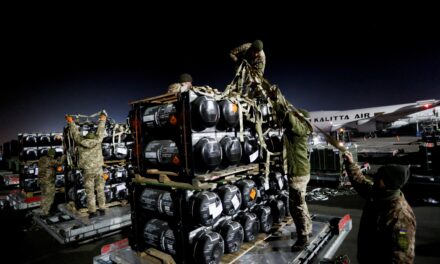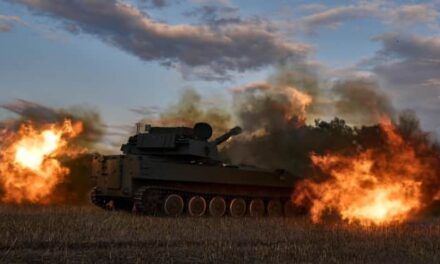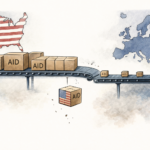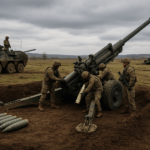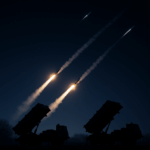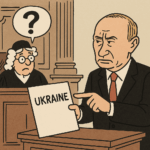The ongoing conflict in Ukraine, which began on February 24, 2022, highlights a complex warfare strategy that includes the deliberate targeting of the environment, known as ecocide. This tactic not only aims to weaken Ukraine’s military capabilities but also seeks to make parts of the country uninhabitable, worsening the humanitarian crisis and complicating reconstruction efforts.
Ecocide is defined as the intentional destruction of the environment for military objectives and has historical parallels to the ecological devastation seen in the Vietnam War. Despite calls for ecocide to be recognized as an international crime, achieving this recognition has been challenging.
Ukrainian President Volodymyr Zelenskyy has emphasized the importance of this issue, especially following the destructive Kakhovka dam incident in June 2023, which caused significant flooding and environmental harm. This event reflects a broader pattern of Russia targeting critical infrastructure, threatening civilian safety and long-term ecological stability, which in turn hampers Ukraine’s military effectiveness.
While Ukraine has legal mechanisms to prosecute ecocide domestically, the need for international acknowledgment is pressing, bolstered by support from Pacific island nations for a formal application to the International Criminal Court (ICC). This growing consensus highlights the importance of holding perpetrators accountable for environmental destruction in conflicts.
In conclusion, the war in Ukraine exemplifies the use of ecocide as a strategic weapon, underscoring the need for international recognition and legal frameworks to address such practices and support recovery in affected regions.
Pour en savoir plus The Conversation




